June 1, 2025 | 16:47 GMT +7
June 1, 2025 | 16:47 GMT +7
Hotline: 0913.378.918
June 1, 2025 | 16:47 GMT +7
Hotline: 0913.378.918
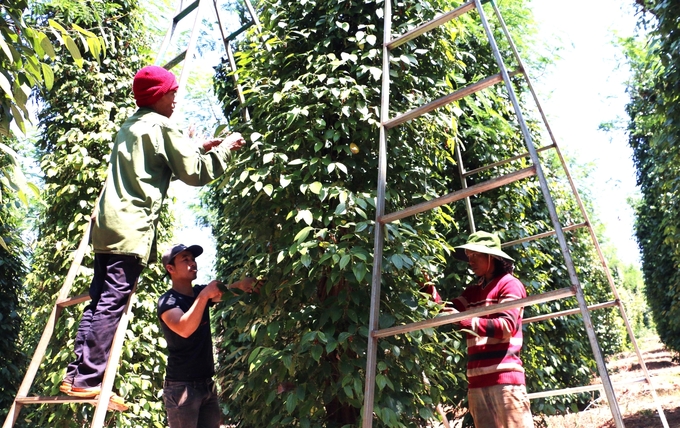
In the past, pepper plants provided farmers in the two districts of Chu Se and Chu Puh (Gia Lai) with staggering incomes. Photo: DL.
Chu Se district in Gia Lai province features vast, flat red basalt soil, with weather and climate conditions well-suited for pepper cultivation.
Seizing this opportunity, many local experienced farmers invested their own money and ventured as far as Loc Ninh, or even further, to find high-quality seeds and learn cultivation techniques. From there, the first pepper vines were brought back and planted in the fertile red soil of what are now the two districts of Chu Se and Chu Puh.
By 2010-2012, pepper prices surged, generating significant income for local farmers. During this time, numerous "pepper kings" emerged, each cultivating dozens of hectares of pepper.
Attracted by the profits from these pepper gardens, many farmers rushed to plant pepper, even willing to uproot coffee plantations to make way for expansive pepper fields. Consequently, the area dedicated to pepper cultivation skyrocketed.
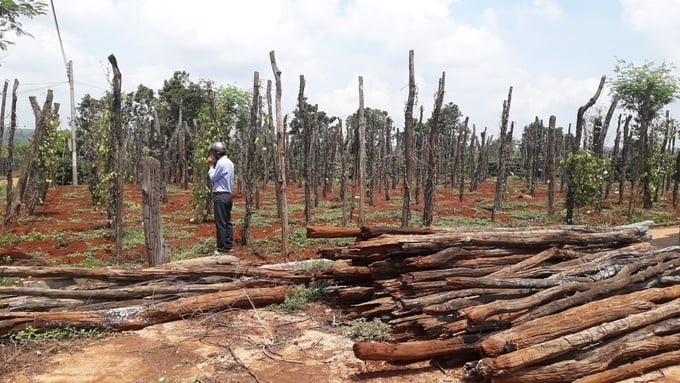
Pepper gardens scorched and dried out after the outbreak of disease. Photo: DL.
In pursuit of immediate profit, many pepper farmers expanded their cultivation by any means necessary. They purchased seeds of unclear origin, employed various techniques, and indiscriminately used chemical fertilizers and pesticides, all in hopes of achieving the highest yields.
However, by 2014-2015, some pepper gardens began to show yellowing leaves and root rot. A disease likened to "pepper cancer" decimated much of the pepper cultivation in the area. Once-thriving pepper gardens were left with only bare poles and sparse, withered vines clinging to them.
The vast pepper fields of Chu Se and Chu Puh, once famous for their "black gold", were officially devastated. All that remained were endless sorrows from the overwhelming debts faced by the garden owners.
During the peak of pepper cultivation, most families growing pepper mortgaged their land and homes to borrow money from banks, hoping to transform their lives with the "black gold". However, later on, the community learned a painful lesson about not heeding the advice of authorities and relevant agencies.
Translated by Phuong Linh
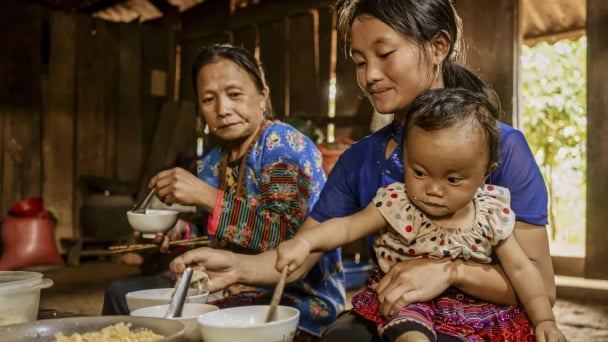
(VAN) 30 experts in health, agriculture and environment participated in a consultation workshop to inform the development of a methodological framework aimed at supporting Vietnam’s transition to a sustainable food system.
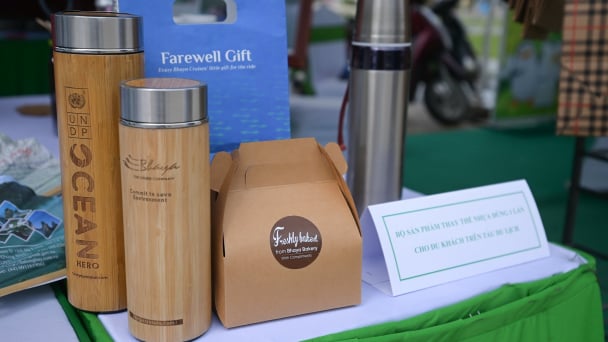
(VAN) Over the past five years, Quang Ninh Province has vigorously and synchronously implemented the ‘Say No to Plastic Waste’ campaign, yielding positive outcomes in advancing sustainable tourism.

(VAN) The prevention of plastic pollution necessitates collaboration among governments, businesses, and citizens. Today's little things contribute to a future free of plastic.

(VAN) This was the directive given by Deputy Minister Phung Duc Tien during a meeting with the Department of Livestock Production and Animal Health, and relevant stakeholders to prevent and control African swine fever.
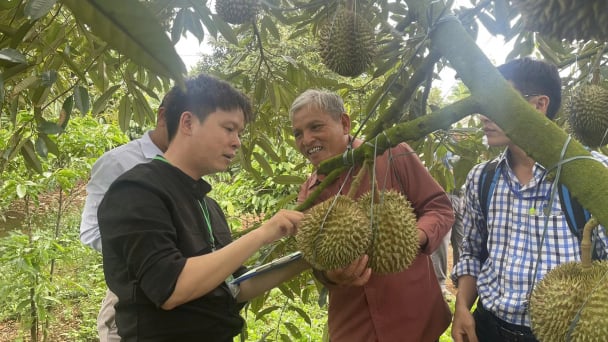
(VAN) For the durian industry to succeed, the value chain must fulfill its commitments to the government, the community, and international partners.

(VAN) Vaccinating juvenile pangasius helps reduce disease, antibiotic use, and farming costs, increasing profits for export-oriented farmers in An Giang.

(VAN) Due to a limited supply of workforce and competitive recruitment requirements, businesses struggle to retain talented veterinary human resources.